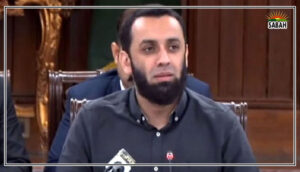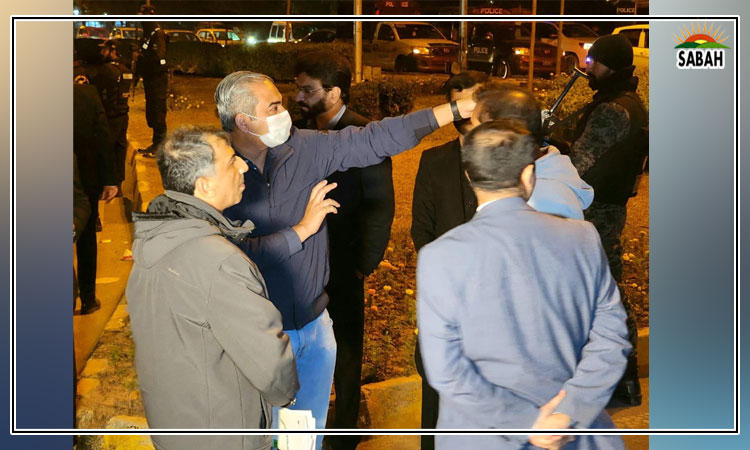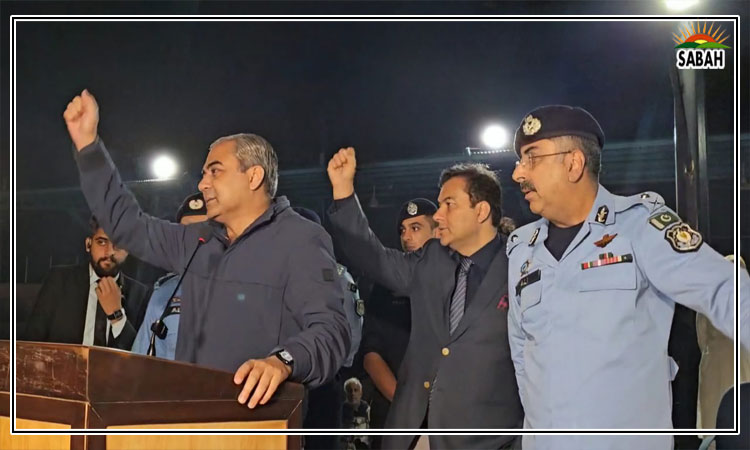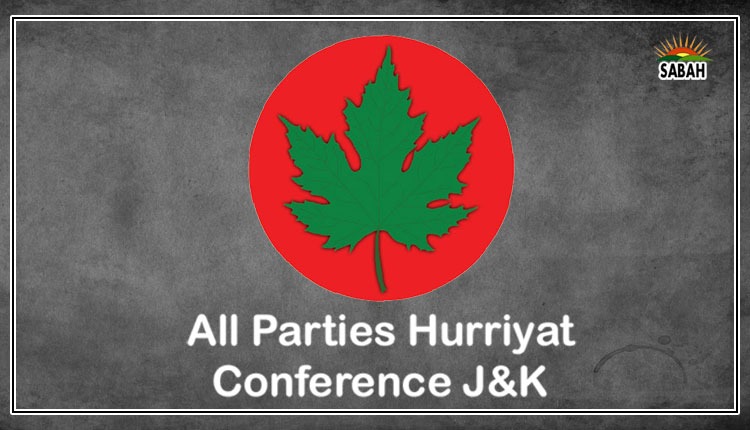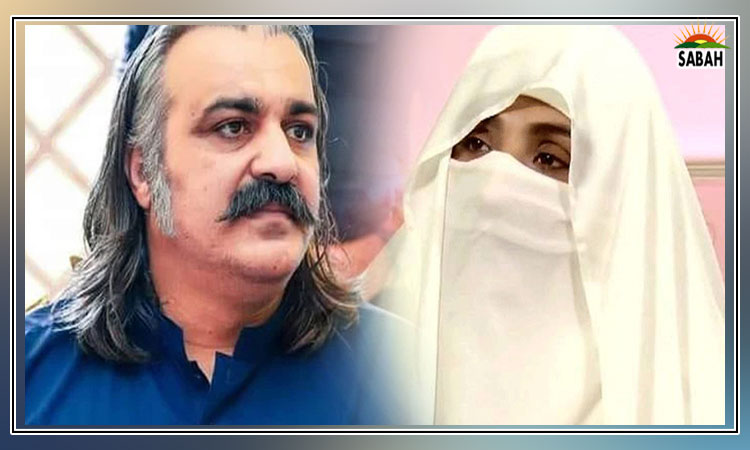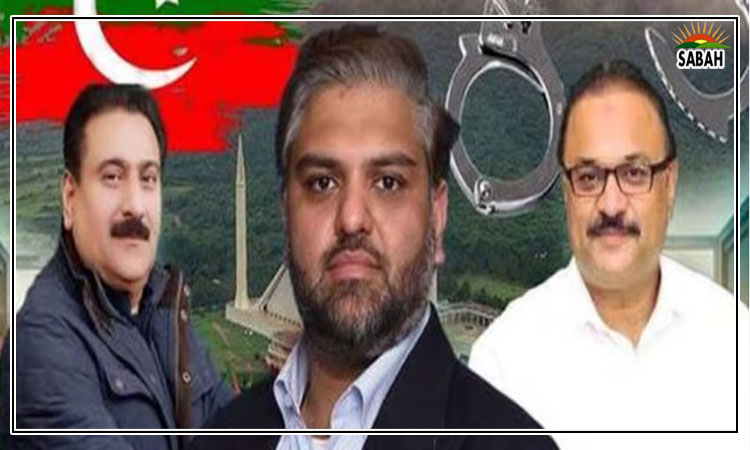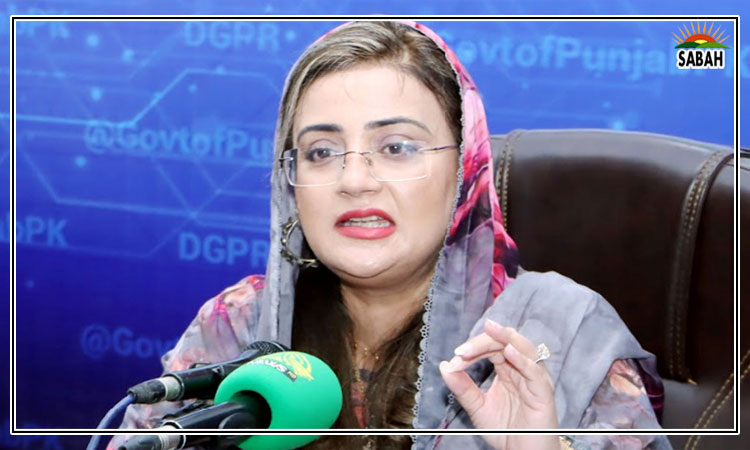Persisting theories…Huma Yusuf
HOW many conspiracy theories have you heard since Nawaz Sharifs return? Theres the entrapment theory, the Sharif family schism theory, the counterpoint-to-Zardari theory, the coalition government theory, the election delay theory
Pakistan is no stranger to conspiracy theories. They have been a key feature of our public discourse. The more the political instability, the greater their proliferation. That fact that we are accustomed to these should not, however, distract from the fact that they offer warnings about the state of our democracy and civil society.
Conspiracy theories are a combination of inaccurate information, wilful disinformation and rumour. They persist because they help to rationalise however irrationally a persons experience of state and society. The basis of most theories is that behind the structures of governance there exists a deep state, a small group of influential people who control government policy. In Pakistan, in the context of our hybrid democracy, this is not a far-fetched claim. Our local conspiracy theories therefore pertain not to the existence of a deep state, but to its motivations and goals.
Additional factors, too, fuel conspiracy fires, the lack of a free media foremost among them. The censorship and distortion of the media, and the publics awareness that media sources may not be wholly credible, elevate the validity of such theories. The frequent use of back channels for political negotiations, the circumvention of rule of law by state institutions, and the preponderance of political puppets create more space for conspiracy theories.
A strong civil society offers an antidote to conspiracy theories.
Precedent beyond the political arena also gives them a fillip: an obvious example was the revelation that US intelligence had located Osama bin Laden in Pakistan under the guise of a vaccination programme. This, after years of clerics theorising that vaccines were foreign ploys to surveil or sterilise Muslims.
It also does not help that these theories often serve the interests of our beleaguered politicians. When they are thwarted in furthering their own agendas, or when they have little control over their actions or the policies they implement, politicians themselves exploit conspiratorial rhetoric to exert some influence over national narratives. Imran Khan offers the best example.
Members of the public who peddle conspiracy theories also benefit in our politically distorted context; perversely, they give the marginalised a sense of empowerment. If you are at the mercy of the system, but in your own community are able to exert authority and build legitimacy by explaining the vagaries of that system, you have found a voice in that moment you are empowered. And so it is that conspiracy theories perpetuate, as we have seen lately.
Most Pakistani political stakeholders are complacent about the constant swirl of conspiracy theories, but should be wary. The political consequences are well known: erosion of democratic systems and an apathy to democracy among a public that believes that the real power brokers are inaccessible and self-serving. Conspiracies are also ultimately reductivist, and promote an us vs them view of the political system and society. Research documents how conspiracy theories can lead to violence because the sense of disempowerment and apathy they engender can only be overcome by revolutionary or violent means (again, remember where the PTI ended up).
A strong civil society offers an antidote to conspiracy theories. As interlocutors between the public and its political representatives, CSOs are well positioned to call out conspiracy from truth. Indeed, their ability to do so directly impacts the success of their activities, which are primarily aimed at improving government policy, service delivery and accountability.
Ironically, some CSOs themselves have been undermined through conspiracy theories: speculations that they are anti-national and beholden to external actors because they receive foreign funding. But they also face criticism on other counts, for example, that they are partisan political actors pretending to act in the public good.
The same efforts required to debunk criticism of CSOs can help counter conspiracy theories and, ultimately, strengthen democracy. CSOs should build their capacity for fact checking and information gathering and dissemination. They should entrench in communities at hyper-local levels so that when they counter theories they do not disempower or discredit marginalised citizens. By improving their own transparency and building cross-sectoral, pan-agenda partnerships, they can comprehensively counter skewed narratives. As political instability persists, it is important to clamp down on conspiratorial fervour, and civil society must play its part.
Courtesy Dawn


